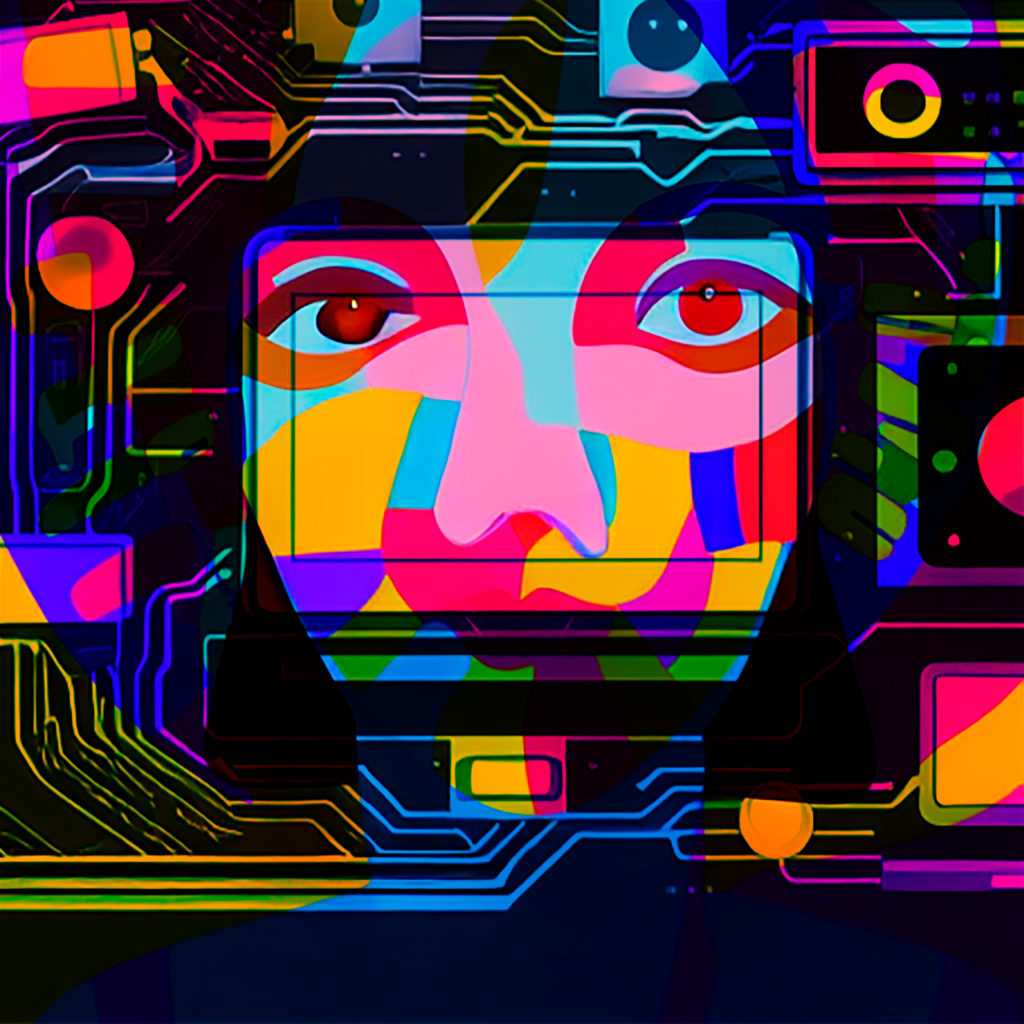
To a certain extent, it is possible to deduce that the absence of motherhood as a topic in media art field mirrors the gender based technological gap of the field experienced until today. Aiming to dig into this problem, the project Where are media artist mothers? comprises a series of initiatives.
The very first of them is an online survey to investigate the media art production regarding the impact of mothering/parenting in the artistic careers, to discover media artworks and artists addressing mothering and related topics, as well as to inquire to which extent the art projects present feminist and/or other critical perspectives in relation to the technologies used in their reproduction and creative works.
These issues are the basis to envision what would be the relevant measures to be taken to populate media art with more constructive empowering perspectives of post-human motherhoods and therefore, enriching the art and technology environment with higher variability of imaginaries.
If you know media artist mothers/parents that suit the desired profile of this survey, please spread the link!
Another initiative is the workshop Where are the media artist mothers? to be held on Saturday Feb, 18th between 2pm and 5pm at the Nordico Stadtmuseum in Linz. It aims to collectively engage the participants around issues that inevitably emerge for (media) artists after becoming mothers/parents – ranging from conceptual changes in their work to institutional awareness regarding their needs.
Divided into four different stages, the workshop dynamic is based on circular organization and self-regulating mechanisms, evolving from words to actions. In the first part, the participants are invited to discuss randomly selected quotes from the context of becoming a mother(or parent) and their involvement in artistic production. This phase outputs named elements, agencies and actions to be incorporated in a collective composition in the second stage, through the use of concrete objects, including the use of software to play with hidden structures of the environment being designed. The third phase is informed by the collective creation of the previous one, by means of inviting the participants to enact it. The conclusive fourth stage is a conversation reviewing the workshop process, pointing towards concrete resolutions for the problems regarding being simultaneously mother and artist, including towards the power of the network that may emerge among the participants.
All this is related to my current postdoctoral research on the interesctions between motherhoods, technofeminisms and posthumanism in the arts, conducted with the sponsorship by the VALIE EXPORT Center / Kunstuniversität Linz, in Austria.
